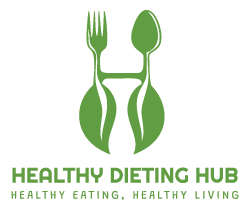
Cholesterol is one of the main concerns of the population when it comes to leading a healthy lifestyle, especially when deciding what foods to include in our diet.
But this compound is actually a clear example of the maxim ‘excesses are not good’, since, in adequate concentrations, it is essential for life.
What is cholesterol
Cholesterol is part of lipids, a type of nutrient that is popularly identified with fat. Curiously, this is a misconception, since fats are only part of the molecules that make up lipids.
In our body, cholesterol is found in high amounts in the liver, pancreas, spinal cord and brain, as well as being a component of blood plasma. Its presence is essential in the structure of cell membranes and as a precursor to some types of hormones.
Different classes of cholesterol can be identified, including those called low-density lipoproteins (LDL) and high-density lipoproteins (HDL), known as “bad” cholesterol and “good” cholesterol , respectively.
Good cholesterol
The implications that the two types of cholesterol have on health are a paradox, since it can, while the bad cholesterol in high concentrations causes the obstruction of the arteries, the good cholesterol helps to purify them.
For this reason, it is essential to maintain adequate HDL levels in the body, since one of the causes of the accumulation of bad cholesterol in the blood vessels is the lack of good cholesterol.
Bad cholesterol
Low -density lipoproteins have a direct relationship with arteriosclerosis. This pathology involves a hardening of the arteries that can cause an obstruction, thus preventing the flow of blood. For this reason, a plasma cholesterol concentration higher than the recommended level, which according to the American Society of Cardiology is 200 milligrams per deciliter, increases the risk of suffering cardiovascular accidents such as myocardial infarction.
It must be taken into account that the so-called cardiovascular risk is different in each individual and depends on factors as diverse as age, sex, smoking or family history. This means that the recommended cholesterol level varies from one person to another.


